Kathmandu-Unnecessary iPhone apps are cluttering millions of devices worldwide, silently draining battery life and compromising user privacy. In today’s digital age, smartphones have become an integral part of our lives, with apps playing a crucial role in our daily activities. However, many of the unnecessary iPhone apps we consider “useful” are actually redundant and potentially harmful to device performance.
This comprehensive guide reveals the 8 most common unnecessary iPhone apps that experts recommend deleting immediately. Removing these unnecessary iPhone apps will significantly improve your phone’s performance, extend battery life, and protect your personal information from potential security threats.
Why Remove Unnecessary iPhone Apps From Your Device?
Before diving into specific unnecessary iPhone apps, it’s essential to understand why removing them benefits your iPhone’s overall functionality. These unnecessary iPhone apps often:
- Consume valuable storage space and system resources
- Display intrusive advertisements and pop-ups
- Request excessive permissions for personal data access
- Run background processes that drain battery life
- Slow down device performance and responsiveness
- Create potential security vulnerabilities
The Hidden Costs of Unnecessary iPhone Apps
Many users unknowingly install unnecessary iPhone apps that promise enhanced functionality but deliver minimal value. These apps often mask their true purpose behind attractive interfaces while collecting personal data, displaying ads, or attempting to sell premium services.
8 Unnecessary iPhone Apps You Should Delete Today
1. Flashlight Apps – Most Common Unnecessary iPhone Apps
Why They’re Unnecessary: Since iOS 7 (released in 2013), every iPhone includes a built-in flashlight feature accessible through Control Center. Despite this native functionality, flashlight apps remain among the most downloaded unnecessary iPhone apps.
Risks of Third-Party Flashlight Apps:
- Display frequent advertisements during usage
- Request location and contact permissions unnecessarily
- Consume additional storage space for basic functionality
- Potential data harvesting from user interactions
- Slower access compared to native Control Center feature
Solution: Simply swipe down from the top-right corner of your iPhone screen to access Control Center and tap the flashlight icon.
2. QR Code Scanner Apps – Redundant Unnecessary iPhone Apps
Built-in Alternative: Many iPhone users don’t realize that the native Camera app automatically scans QR codes without requiring additional software. This makes dedicated QR scanner apps completely unnecessary iPhone apps.
How to Use Native QR Scanning:
- Open the Camera app
- Point the camera at any QR code
- Tap the notification that appears at the top of the screen
- The link or content opens automatically
Problems with Third-Party QR Apps:
- Slower performance compared to native functionality
- Mandatory advertisement viewing before scanning
- Unnecessary permission requests for microphone and camera
- Potential malware distribution through fake QR apps
3. Battery Saver Apps – Deceptive Unnecessary iPhone Apps
The Truth About Battery Apps: Most battery saver apps claiming to “boost iPhone battery life” are among the most deceptive unnecessary iPhone apps available. Apple’s iOS operating system doesn’t allow third-party apps to control system-level battery management.
Why These Apps Are Counterproductive:
- Run continuously in the background, consuming more battery
- Display constant notifications and advertisements
- Cannot actually optimize iOS battery usage
- Often request premium subscriptions for basic features
- May install additional unwanted software
Effective Battery Management: Use iPhone’s built-in “Low Power Mode” found in Settings > Battery for genuine battery conservation.
4. Compass Apps – Redundant Unnecessary iPhone Apps
Native Solution Available: Every iPhone includes a pre-installed Compass app that provides accurate directional information without advertisements or data collection. Third-party compass apps represent unnecessary iPhone apps for most users.
Advantages of Native Compass App:
- No advertisements or pop-ups
- Precise magnetic compass functionality
- Integrated with other iOS features
- No additional storage requirements
- Privacy-focused design
When Third-Party Apps Become Problematic:
- Excessive data collection for simple directional needs
- Premium subscription requirements for basic features
- Unnecessary complex features for casual users
- Potential location tracking and privacy concerns
5. RAM Booster Apps – Ineffective Unnecessary iPhone Apps
iOS Memory Management: Unlike Android devices, iPhone’s iOS automatically manages RAM allocation efficiently. This makes RAM booster apps completely unnecessary iPhone apps that often cause more harm than good.
How RAM Boosters Actually Harm Performance:
- Force-close background apps unnecessarily
- Cause apps to reload completely when reopened
- Increase CPU usage and battery consumption
- Interfere with iOS’s intelligent memory management
- Display misleading performance statistics
Apple’s Recommendation: Trust iOS’s built-in memory management system rather than relying on these unnecessary iPhone apps.
6. Mirror Apps – Pointless Unnecessary iPhone Apps
Simple Native Alternative: Mirror apps are essentially shortcuts to your iPhone’s front-facing camera, making them completely unnecessary iPhone apps. These apps provide no additional functionality beyond what’s already available.
How to Use Your iPhone as a Mirror:
- Open the Camera app
- Switch to the front-facing camera
- Use the screen as a mirror
Risks of Dedicated Mirror Apps:
- Request microphone permissions unnecessarily
- Display advertisements during usage
- Consume storage space for basic camera functionality
- Potential privacy violations through camera access
7. Call Recorder Apps – Obsolete Unnecessary iPhone Apps
iOS 18.1 Update: With the latest iOS update, Apple introduced native call recording functionality, making third-party call recorder apps unnecessary iPhone apps. The built-in feature provides secure, reliable call recording.
How to Record Calls Natively:
- During an active call, tap the top of the screen
- Select the record option from the menu
- All parties are notified of the recording
Security Risks of Third-Party Call Recorders:
- Send call data to external servers
- Compromise privacy and confidentiality
- Potential legal issues with unauthorized recording
- Unreliable recording quality and storage
8. Antivirus Apps – Unnecessary iPhone Apps Due to iOS Security
Why iPhones Don’t Need Antivirus: iOS’s “sandboxing” security system prevents viruses and malware from spreading throughout the system, making antivirus apps completely unnecessary iPhone apps for iPhone users.
iOS Security Features:
- App Store apps undergo rigorous security screening
- Sandboxing prevents malicious code execution
- Automatic security updates and patches
- Built-in malware protection
How Antivirus Apps Exploit Users:
- Create false security threats to sell premium services
- Bundle unnecessary services like VPN subscriptions
- Consume system resources without providing protection
- Display constant security warnings and advertisements
How to Identify Other Unnecessary iPhone Apps
Red Flags for Unnecessary iPhone Apps
When evaluating apps on your iPhone, watch for these warning signs that indicate unnecessary iPhone apps:
Permission Requests:
- Apps requesting excessive permissions unrelated to their function
- Camera access for non-photography apps
- Location tracking for simple utility apps
- Microphone access for basic tools
Advertisement Patterns:
- Frequent pop-up advertisements
- Mandatory ad viewing before functionality
- Premium upgrade prompts during basic usage
- Sponsored content disguised as features
Performance Impact:
- Apps that run continuously in the background
- Slow loading times and frequent crashes
- Excessive storage space requirements
- Battery drain during minimal usage
Benefits of Removing Unnecessary iPhone Apps
Immediate Performance Improvements
Deleting unnecessary iPhone apps provides several instant benefits:
Storage Optimization:
- Free up gigabytes of valuable storage space
- Improve overall system responsiveness
- Faster app loading and switching times
- More space for photos, videos, and important apps
Battery Life Enhancement:
- Eliminate background processes that drain power
- Reduce CPU usage and heat generation
- Extend daily battery life significantly
- Fewer charging cycles throughout the day
Privacy Protection:
- Stop unnecessary data collection and transmission
- Reduce tracking by advertising networks
- Minimize potential security vulnerabilities
- Protect personal information from third-party access
Long-term Device Health
Consistently removing unnecessary iPhone apps contributes to:
- Prolonged device lifespan and performance
- Reduced wear on internal components
- Lower risk of iOS conflicts and crashes
- Improved security posture against threats
Step-by-Step Guide to Remove Unnecessary iPhone Apps
Method 1: Direct Deletion from Home Screen
- Press and hold the app icon until it jiggles
- Tap the “X” or minus symbol in the corner
- Confirm deletion when prompted
- Repeat for all identified unnecessary iPhone apps
Method 2: Settings Menu Deletion
- Open Settings > General > iPhone Storage
- Review apps sorted by storage usage
- Select unnecessary iPhone apps from the list
- Tap “Delete App” to remove completely
- Confirm deletion to free up space
Method 3: Offloading vs. Deletion
For apps you’re unsure about, iOS offers an “Offload” option that removes the app while preserving its data, allowing for easy reinstallation if needed.
Maintaining an Optimized iPhone Experience
Regular App Audits
Perform monthly reviews of your installed apps to identify new unnecessary iPhone apps:
- Check app usage statistics in Settings
- Remove apps not used in the past 30 days
- Evaluate new installations for necessity
- Monitor permission requests from existing apps
Alternative Strategies
Instead of installing unnecessary iPhone apps, consider:
- Using Safari web versions of services
- Utilizing Shortcuts app for automation
- Exploring built-in iOS features before downloading
- Reading app reviews and privacy policies carefully
For more iPhone optimization tips and iOS security guidance, visit our iPhone tips and tricks section for comprehensive device management strategies.
For official Apple support and iOS feature documentation, check the Apple Support website for authoritative information about iPhone functionality.

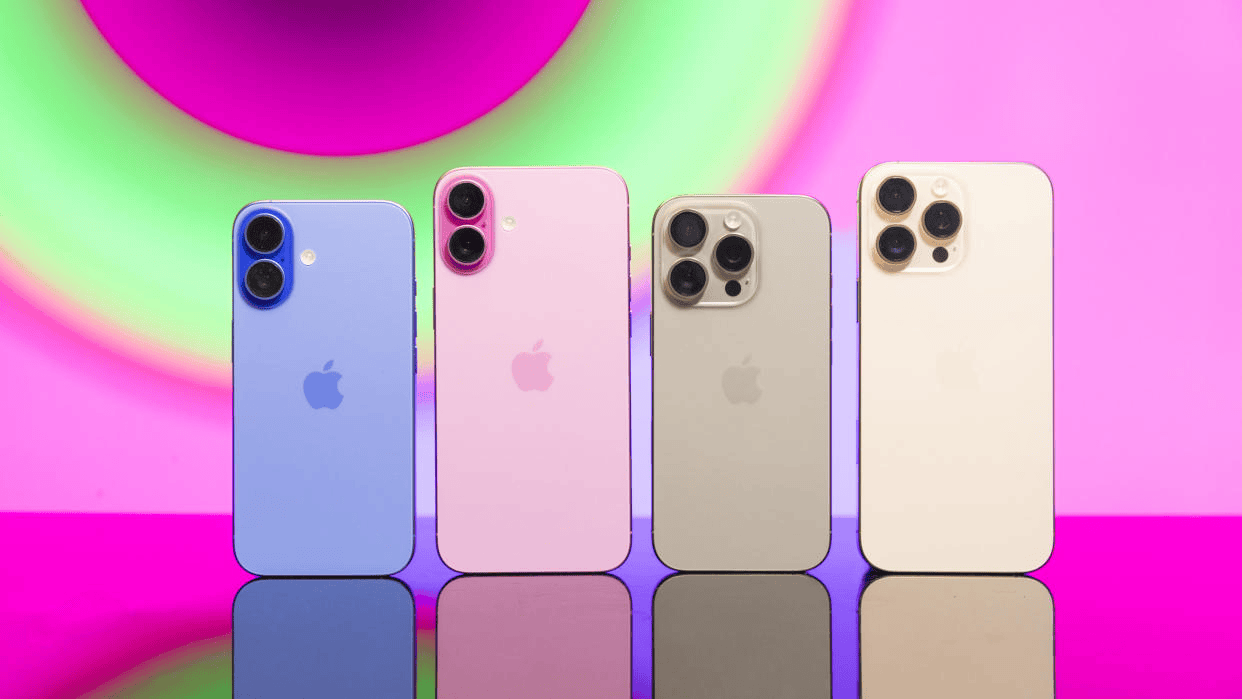

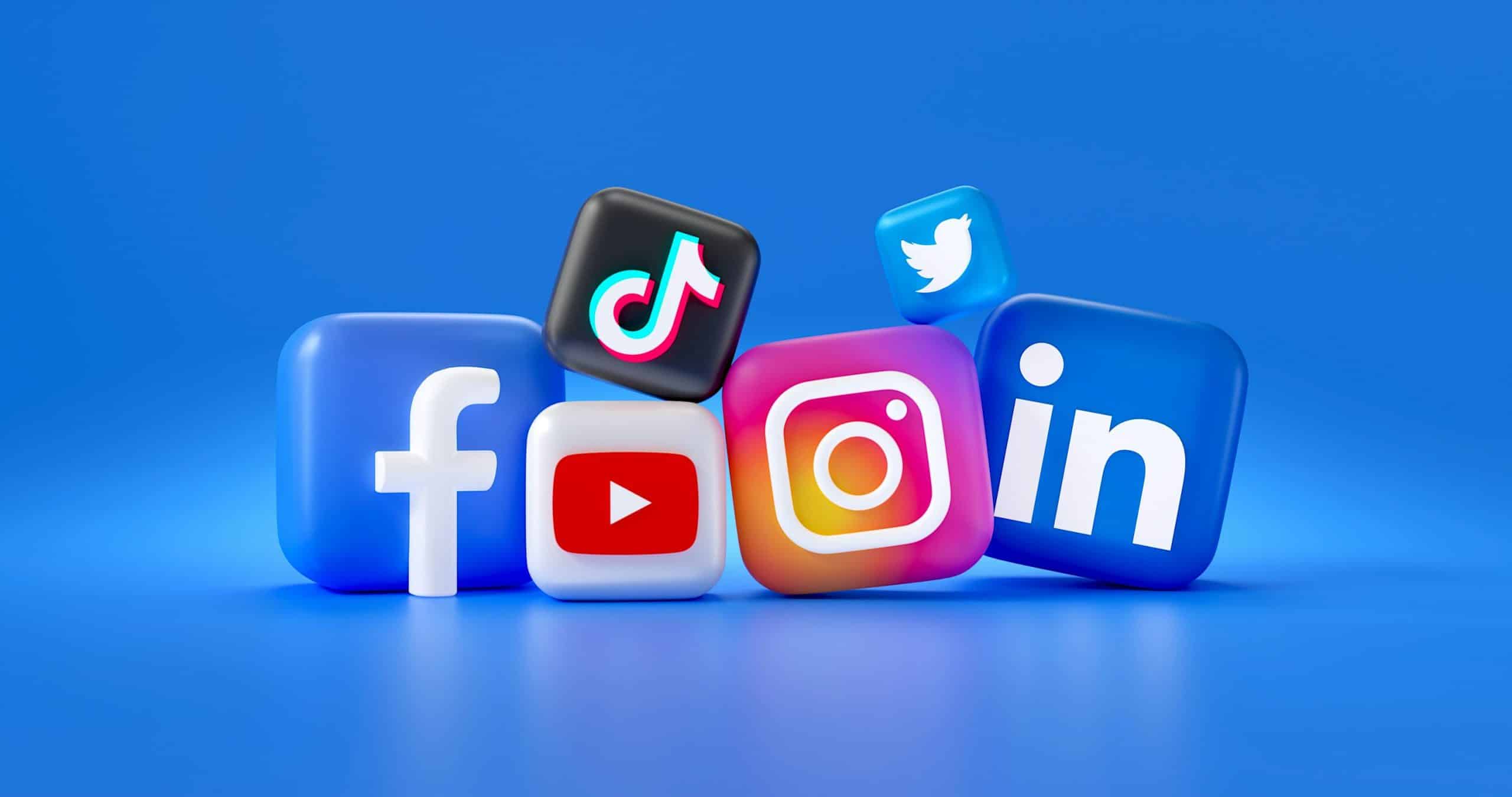

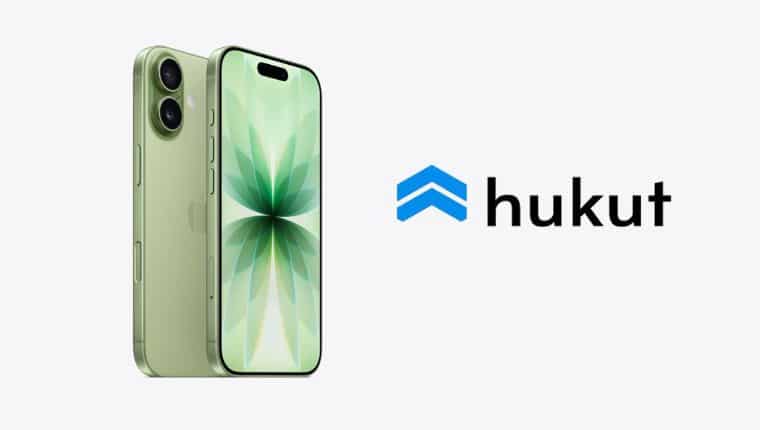


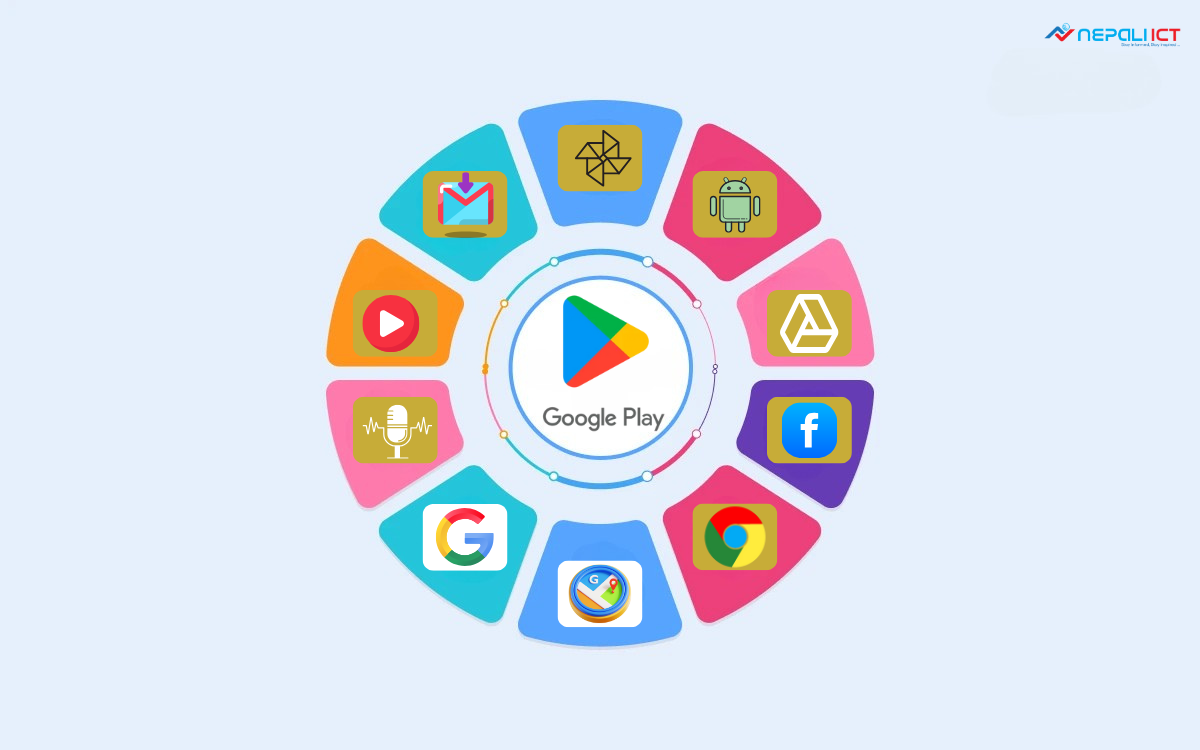
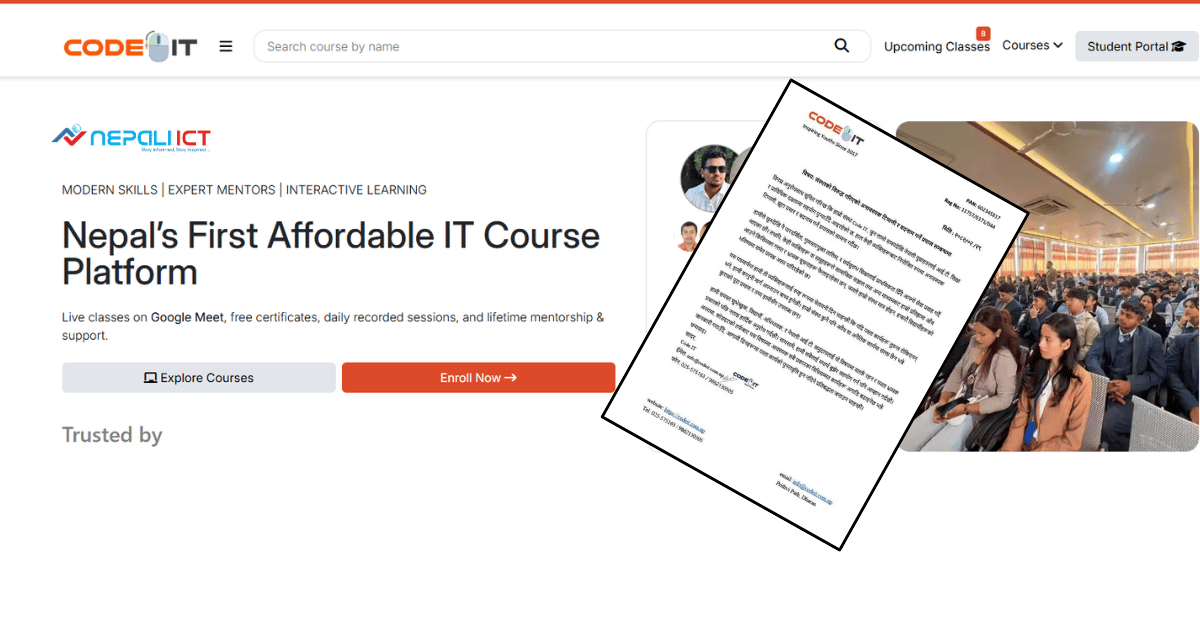




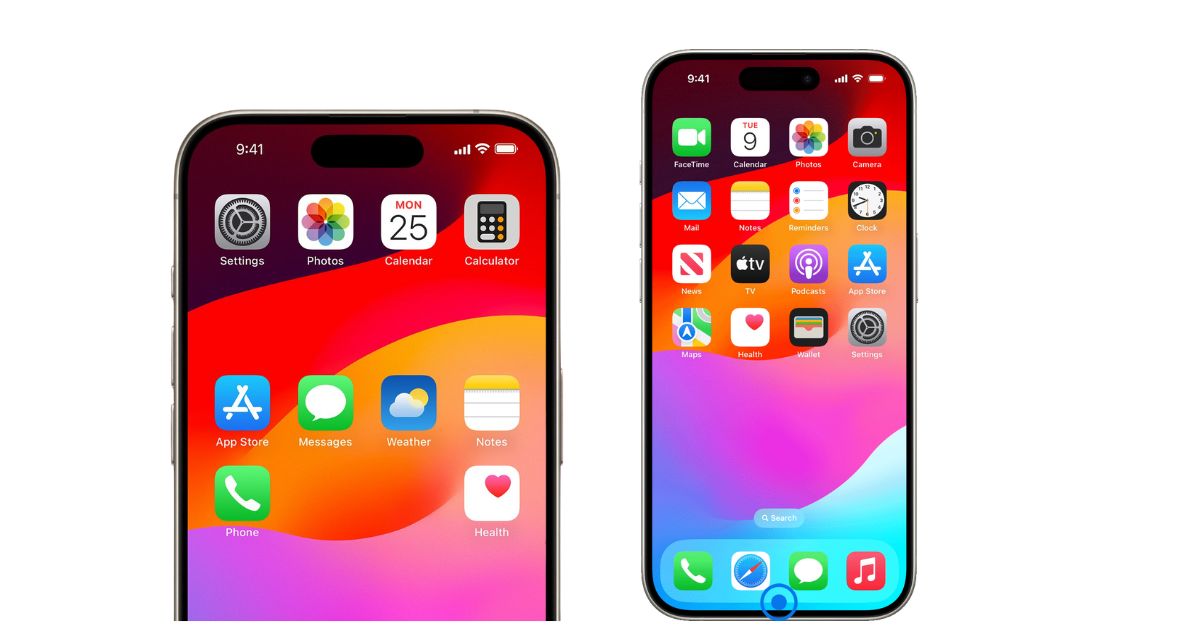
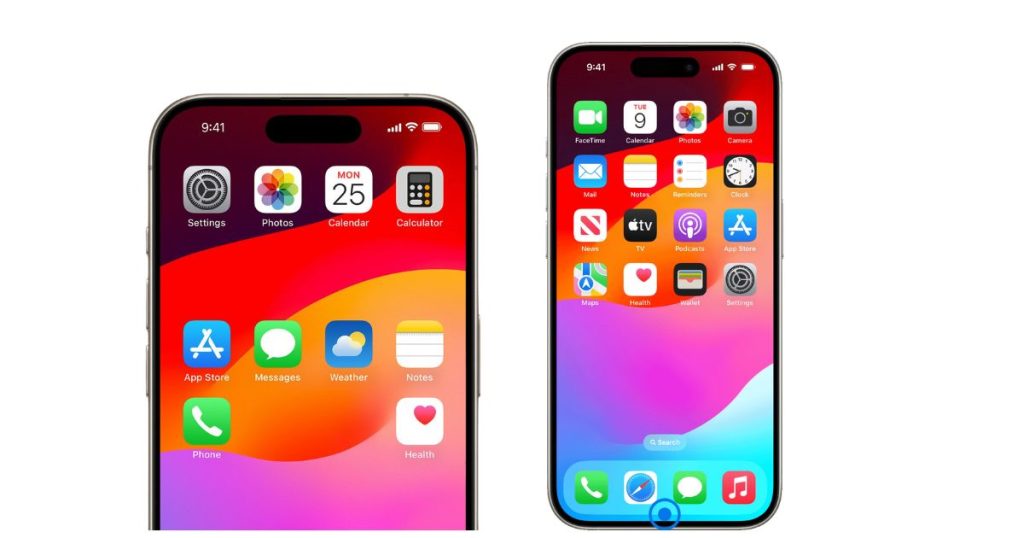

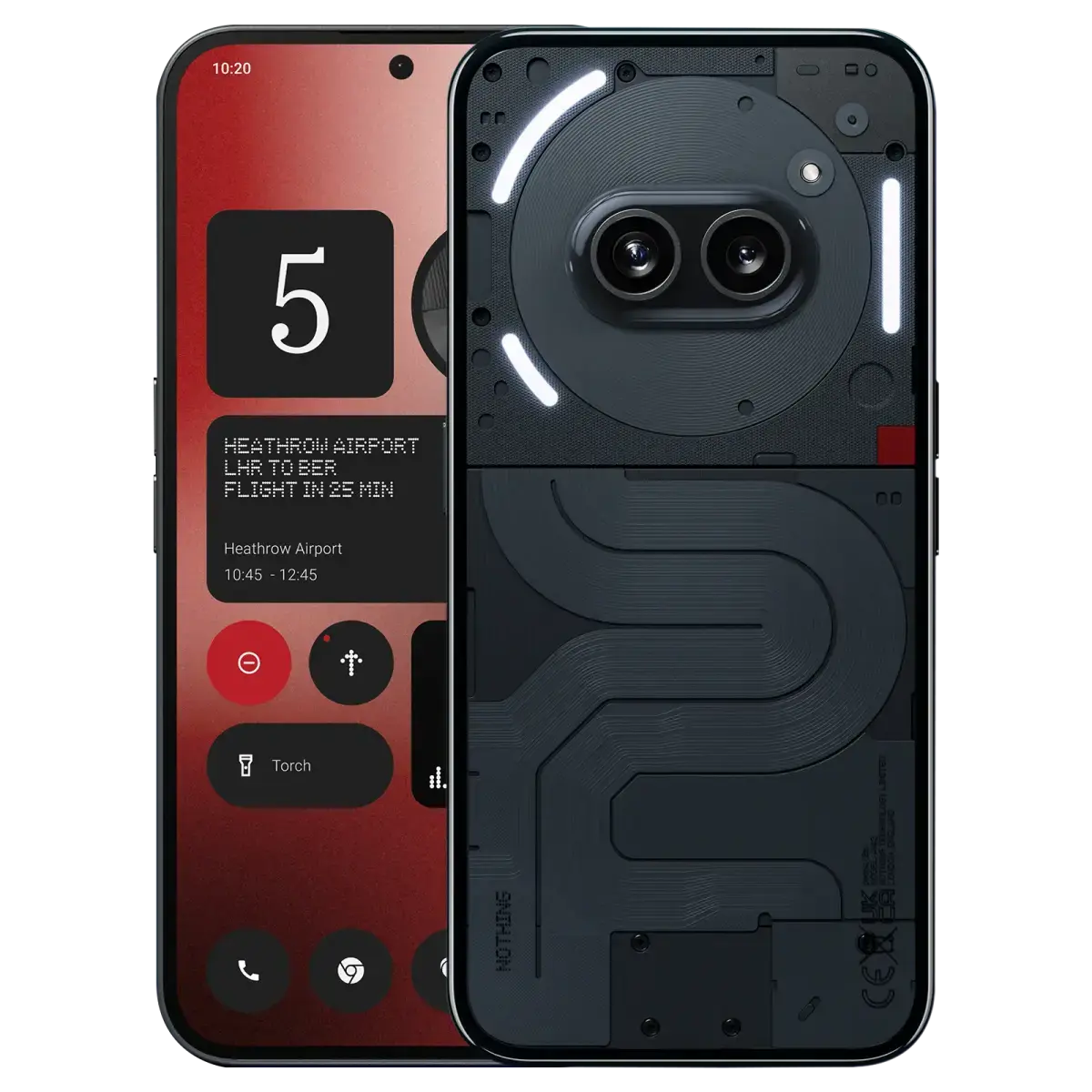

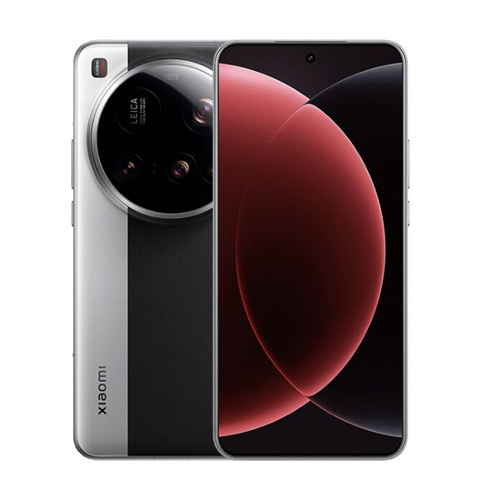

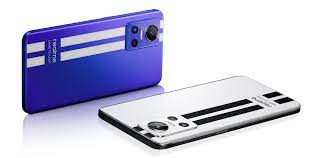

Comments